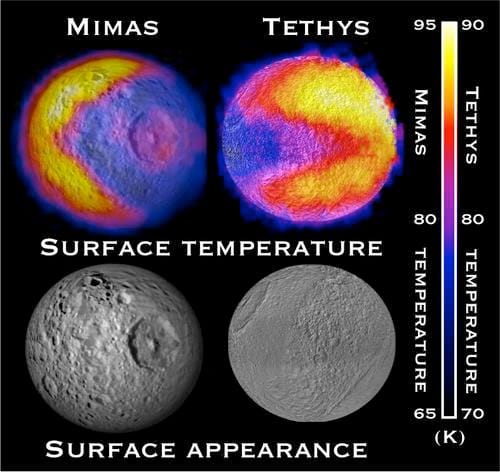The epic genetics (or epigenetics) of invasive species
Some species just don't understand personal space
Even at Imperial I doubt you’d find biology students wearing T-shirts referring to Lamarckism, but you especially wouldn’t find them wearing shirts that deride, “Inhindsight, pretty ridiculous”. Jean-Baptiste Lamarck’s evolutionary theories are remembered for suggesting that offspring could inherit characteristics that their parents had acquired due to the environment. The classic example is that every generation of baby giraffes has slightly longer and stronger necks because their parents are continuously stretching their necks to reach the leaves of Acacia trees.
Dismissed if not outright ridiculed for decades, nowadays Lamarckism has made its comeback in the form of epigenetics: the study of changes in gene expression that don’t alter the genome itself. Such modifications are acquired in both childhood and adulthood, and can be inherited by one’s progeny. As well as occurring naturally in cellular processes, such as regulating the fate of stem cells, epigenetic changes to the genome can be caused by environmental factors.
With the understanding that variation exists not only at the genomic level but at the epigenetic level too, some ecologists are beginning to speculate on the roles that epigenetic diversity might play in evolutionary adaptions to the environment. In particular, they speculate that one reason that invasive species do so well in novel environments is because of epigenetics.
Adaptation needs two things: genetic diversity, and time for beneficial mutations to the genome to accumulate. But invasive species are often limited in their genetic diversity and establish very quickly. Japanese knotweed reproduces asexually, thus forgoing the high gene variation that we think makes sexual reproduction so advantageous. So if they are not adapting to the environment via permanent changes to their genome, how are they so successful?
Christina Richards, an evolutionary ecologist at the University of South Florida, thinks that epigenetics is one answer. She has found that Japanese knotweed exhibits high epigenetic diversity, with plants possessing different leaf shapes and growing to different heights depending on the environments they inhabit. Invasive house sparrows in Kenya also show high epigenetic variation between populations in different environments, despite the limited genetic diversity of the sparrows (they are descended from a single group). Both results support the idea that genes modified epigenetically by the environment could be passed on, ultimately helping invasive species to gain footholds in new areas.
The jury is still out: critics are not convinced, arguing that the success of invasive species is explained perfectly well by other reasons supported by well-founded evolutionary theories, such as expanding into unoccupied niches where they can thrive despite limited genetic diversity. But research into ecological and evolutionary epigenetics seems set to take off as obstacles like the limited number of sequenced wild plant and animal genomes are overcome by decreasing costs.
The budding integration of disparate research fields investigating epigenetic variation and inheritance in natural populations, facilitated by symposiums and increased dialogue, is likely tolead to several studies that will demonstrate how environmental changes affect gene expression. These studies will also address the impacts, if any, that epigenetics have on the evolution of species. Once again, it is an exciting time for evolutionary biology.









